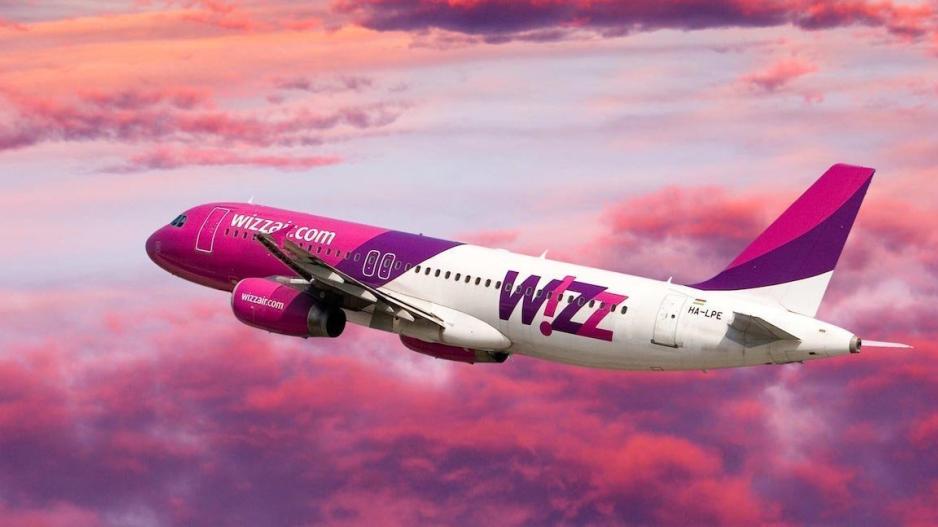Mixed Prospects for Tourism in 2023: Retail Struggles While Hotels Flourish
The outlook for tourism in 2023 appears positive, but not without challenges. While overall tourism revenues saw a promising increase of 34.2% in the first five months, reaching €728.6 million compared to the same period in 2022, the retail trade in Ayia Napa and Protaras faced significant declines in sales.
The Free Famagusta District, in particular, experienced a troubling situation as tourist footfall in stores noticeably decreased compared to the previous year. Many clothing, footwear, and souvenir shops in the area reported substantial losses. Adding to the predicament, most of these businesses operate seasonally, leaving little opportunity for recovery beyond the summer season.
Meanwhile, across almost all provinces of Cyprus, there was a concerning slowdown in retail trade due to the termination of electricity subsidies and the reinstatement of fuel tax rates. This decision seemingly disrupted the positive momentum that had been building up in previous months.
In contrast, the hotel industry showed more promising results, witnessing an increase in revenue during the same period.
Speaking to Brief, Philokypros Rousounides, the General Director of the Pan-Cypriot Retail Trade Association (PASYXE), shed light on the situation. He noted that while retailers, in general, expressed satisfaction, there was a recent "downturn" in the market.
Regarding the disparity in tourists' spending patterns, Rousounides suggested that changing tourist habits might be a contributing factor.
However, another concern was the increasing trend of tourists arriving in Cyprus through legal airports and then heading to and vacationing in the occupied areas. This percentage of tourists possibly doubled in 2023 compared to previous years, reaching around 4%. Rousounides emphasized the need for the government to take measures to either restrict or cut off these flows towards the occupied areas.

Staying on the topic, the low-cost airline, Wizz Air, recently achieved a milestone by successfully transporting six million passengers to and from Larnaca Airport, Cyprus.
In a press release, Wizz Air emphasized its commitment to providing budget-friendly yet top-tier travel options, and reaching the six-million-passenger mark at Larnaca Airport demonstrates this dedication.
Since commencing operations at Larnaca Airport in 2010, Wizz Air has invested significantly, deploying four aircraft to the airport. This strategic move has enabled seamless connections for passengers to a wide range of destinations, including Athens, Copenhagen, Dammam, Jeddah, Kutaisi, London-Gatwick, Krakow, Prague, Rome, Tel Aviv, and Yerevan.
Furthermore, Wizz Air acknowledges the significance of Larnaca Airport as a crucial hub, attributing the surge in passenger numbers to its continuous expansion and the addition of new routes.

Meanwhile, the CEO of TUI, Sebastian Emmer, announced that the main tourist season might be rescheduled due to the extreme heat. This decision comes in response to the recent wildfires in popular Southern European tourist destinations. The primary tourist season, which traditionally falls in July and August, may be moved to a different time period before or after these months.
Sebastian Emmer explained that there is a likelihood of increased bookings from February to May and during the autumn. This extension of the tourist season could have significant benefits for the destinations both environmentally and economically.
While the Mediterranean islands remain attractive, TUI is also exploring new vacation destinations like the Cape Verde Islands, Zanzibar, and the coasts of Poland, Belgium, and the Netherlands.
Regarding the situation in Rhodes, Sebastian Emmer clarified that the northern part of the island was unaffected by the fires or any restrictions. However, to ensure the safety of tourists and support the island, precautionary evacuations were carried out in the affected southern areas.
The authorities reported that out of the 75 evacuated hotels in Rhodes, only three suffered damages, while all the hotels cooperating with TUI remained almost unharmed.
Moreover, a total of 8,000 TUI customers were evacuated from their accommodations, with around half of them relocated to other hotels on the island and the other half repatriated. Currently, there are 16,000 TUI tourists on Rhodes, with approximately one-third of them being Germans.
Sebastian Emmer stressed the importance of tourists continuing to visit Rhodes to support its recovery, as tourism plays a crucial role in the island's economy.
He also acknowledged that not all vacationers have the automatic right to evacuate from areas affected by natural disasters. TUI provided free emergency flights from Rhodes to hundreds of travelers who didn't use their vacation packages. Consequently, he suggests implementing a legislative regulation at the EU level to protect vacationers in such situations.






